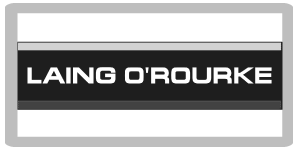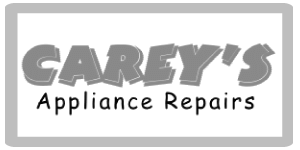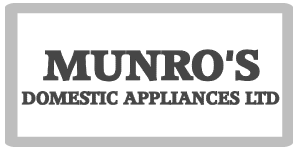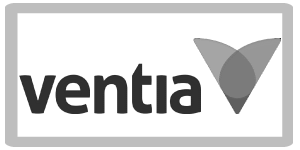Here is a video to understand rapport better:
The rapport software started from an idea more that ten years ago to help reduce administration for small businesses that carry out field service repairs on large kitchen appliances in the United Kingdom.

From the original idea was first mooted the concept has gone through several dramatic changes, primarily due to the proliferation of the internet and the new trends and technologies that have become a part of daily business life in that time. And since, as the name "rapport" suggested, the software has been designed to talk to many different pieces of software and web sites, the entire platform is based on web technologies.
Through 2009 and 2010 the project was accelerated due to UK Whitegoods and ISE being involved in having to handle service calls both for themselves and also for Amica. We wanted the most up to date technologies possible as well as to make the system extremely easy to use and understand.
From this, rapport service call handling was born.
Since we had to develop the system in-house for our own use anyway we decided that, since many small repair businesses that also carried out field service had no access to such systems mainly due to their high cost or unsuitability for the industry in general, we decided to make the system freely available to all.
Why the name?
The whole rapport system was intended to be able to communicate with as many different platforms as possible. This means that the system is designed to "talk" to other systems, service systems, spares systems and more from various clients, suppliers, manufacturers, third party service providers, warranty companies and so on.
The name rapport was given from that ability to talk to other systems and other devices.
Better customer service
 One of the big problems that we have in the appliance repair industry and, we hear similar from other industries as well, its that very often field technicians are will we say, not so good at updating job statuses.
One of the big problems that we have in the appliance repair industry and, we hear similar from other industries as well, its that very often field technicians are will we say, not so good at updating job statuses.
In a world where customers expect to be updated constantly we find that the data just doesn’t flow fast enough leaving call staff trying to order parts, materials or invoice and update work progress being left with no answers.
In turn they’ve then got to note it, try to get the field technician, get answers, sort stuff out, then call the customer or client back to update them. This isn’t what we would recognise as good service for anyone.
The call centre staff are frustrated at not being able to help the customer.
The customer is annoyed as they can’t be updated.
The field tech is annoyed as his phone is ringing every two minutes when he or she is trying to get on with their job.
All around, this isn’t good.
We wouldn’t be so bold as to say that we can solve these issues 100% and we probably wouldn’t trust a company that said they could but, what we can do is try to take away as much of that pain as possible.
In our world using rapport all that information is transparent removing the need for this antique and very onerous way of working. We simply automate as much of the process as possible.
For the majority of jobs, the field tech doesn’t need to take calls about work he’s updated. The call centre has information that they can act on, often pre-empting the customer’s call and allowing staff to deal with issues proactively. And the customer or client, well stuff just gets done and that’s all they want really.
So fas as the actual customer is concerned, the person we’re all trying to look after, they just get better, faster service.
Modular
 rapport is designed to be a modular system.
rapport is designed to be a modular system.
What this means is that the system can be tailored to your own needs, you can omit elements that you don't want or need by simply not installing them.
We have learned over the years with the experience that we have with field service that almost every business is unique, they have their own way of doing things and one size does not fit all. The same applies to many clients that these companies deal with, every client has different needs and requirements, different contract terms, different information that needs collected in the field whether it is a commercial client or the end user, there are different needs.
We had to be able to accommodate that and it became a core requirement of the system.
So we made rapport system modular and flexible to be able to cope with as many variations as is possible.
This flexibility is extremely important to us.
You can run rapport on almost any Windows based PC, a Mac or even an Linux based PC.




